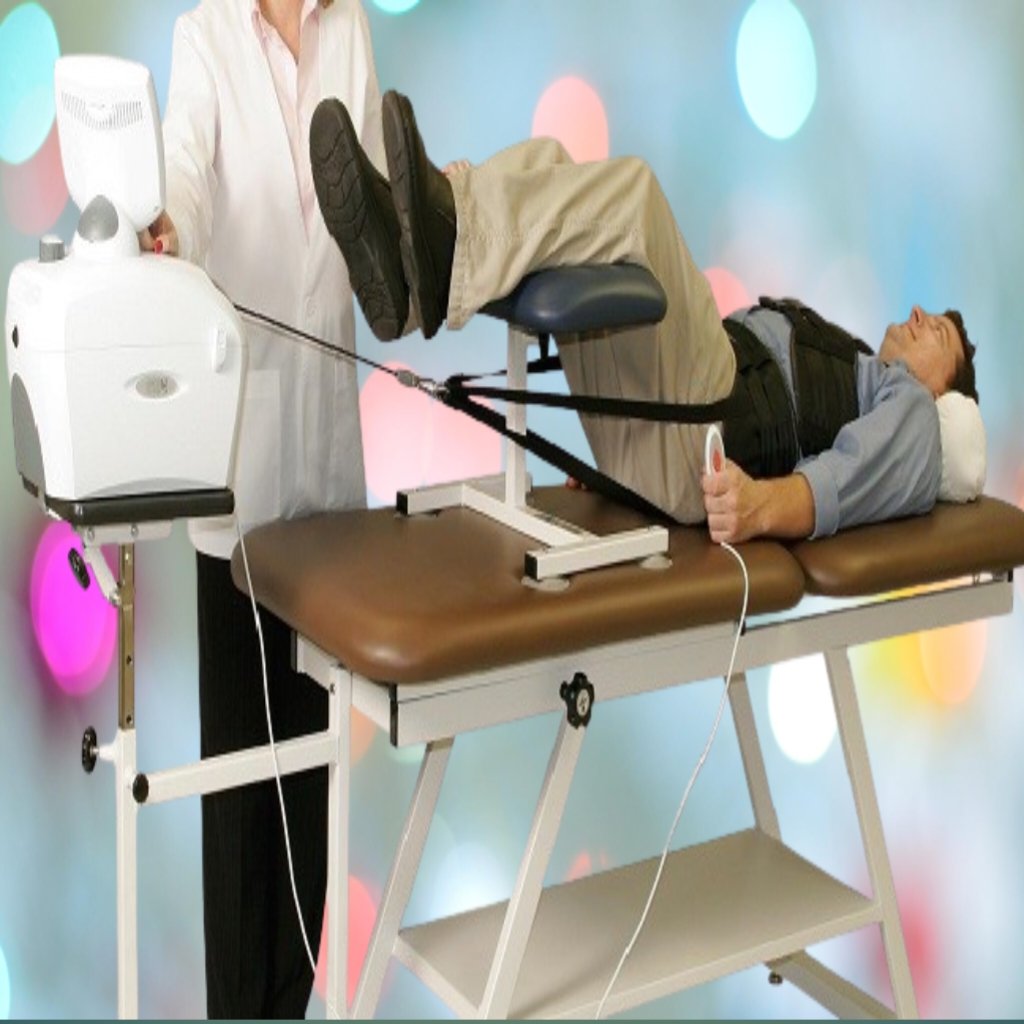WEIGHT LOSS CENTER

WEIGHT LOSS:
A weight loss center is a facility or clinic that offers specialized programs and services designed to help individuals achieve healthy weight loss. These centers often provide a comprehensive approach to weight management, combining medical guidance, nutrition counseling, exercise programs, and behavioral support. Here’s what makes a weight loss center unique:
1. Personalized Weight Loss Plans
- Tailored Programs: Weight loss centers assess an individual’s medical history, body composition, lifestyle, and weight loss goals to create a personalized plan. This could include specific dietary recommendations, fitness routines, and behavioral strategies.
- Goal Setting: Professionals work with clients to set realistic and achievable short-term and long-term goals based on their body type, health status, and personal preferences.
2. Medical Supervision
- Health Monitoring: Many centers are medically supervised, meaning that healthcare professionals such as doctors, nurses, or dietitians monitor clients’ progress, especially for those with underlying conditions like diabetes, hypertension, or heart disease.
- Metabolic and Hormonal Assessments: Some centers offer metabolic testing to determine how efficiently a person burns calories and may perform hormonal assessments to identify any imbalances that could be affecting weight loss.
- Medications and Supplements: In some cases, medical professionals may prescribe weight loss medications or recommend supplements to support the weight loss process.
3. Nutrition Counseling
- Diet Plans: Registered dietitians or nutritionists provide detailed diet plans that are designed to promote healthy, sustainable weight loss. These plans may focus on balanced, portion-controlled meals and nutrient-dense foods.
- Education: Clients are educated on proper nutrition, the importance of macronutrients (carbs, fats, proteins), and how to make healthy food choices that support long-term weight management.
- Meal Replacement Programs: Some centers offer meal replacements or pre-packaged meal programs for those who need more structured eating plans.
4. Exercise Programs
- Fitness Coaching: Many weight loss centers provide personalized exercise routines designed to complement the diet plan. This may include cardio, strength training, and flexibility exercises, tailored to the client’s fitness level and goals.
- Group Fitness Classes: Some centers offer group classes such as yoga, pilates, aerobics, or strength training to encourage physical activity in a supportive environment.
- Fitness Monitoring: Progress is often tracked through fitness assessments, body measurements, and regular weigh-ins.
5. Behavioral and Psychological Support
- Cognitive-Behavioral Therapy (CBT): Many centers incorporate behavioral therapy to help clients identify and change negative thought patterns or behaviors that contribute to overeating, emotional eating, or unhealthy lifestyle choices.
- Support Groups: Group therapy or support groups provide a space for clients to share experiences, motivate each other, and discuss challenges related to weight loss.
- Stress Management: Stress can have a significant impact on weight, so some programs include stress-reduction techniques such as mindfulness, meditation, or relaxation exercises.
6. Specialized Programs for Different Needs
- Medical Weight Loss Programs: These programs are designed for people who are significantly overweight or obese and often involve more intensive medical supervision, including the potential use of medications or bariatric surgery options.
- Fitness-Focused Programs: Some weight loss centers emphasize fitness and physical activity as the primary means of achieving weight loss, with a variety of exercise programs offered.
- Programs for Specific Conditions: Some centers have weight loss programs tailored to individuals with specific health conditions, like diabetes, thyroid disorders, or metabolic syndrome.
7. Technology and Tools
- Body Composition Analysis: Many centers use technology like DEXA scans or bioelectrical impedance to assess body fat percentage, muscle mass, and other key metrics.
- App and Online Support: Some centers offer apps or online platforms for tracking food intake, exercise, and weight loss progress, providing clients with continuous support and motivation.
- Wearable Technology Integration: Centers may integrate wearable fitness trackers to monitor clients’ daily activity and sleep patterns, helping adjust plans based on real-time data.
8. Long-Term Maintenance Plans
- Sustainability Focus: Weight loss centers typically emphasize long-term weight maintenance by teaching sustainable lifestyle habits rather than focusing solely on rapid weight loss.
- Follow-Up and Support: Many centers offer ongoing support even after the initial weight loss goals have been achieved, ensuring that clients maintain their progress through regular check-ins and continued education.
9. Surgical and Non-Surgical Weight Loss Options
- Bariatric Surgery: Some weight loss centers offer surgical options like gastric bypass, gastric sleeve, or lap-band surgery for individuals with severe obesity who have not been able to lose weight through traditional methods.
- Non-Surgical Options: Non-invasive procedures such as CoolSculpting, laser fat reduction, or endoscopic weight loss treatments might also be offered to help target specific areas of fat.
10. Holistic Approach
- Holistic Wellness Programs: Some weight loss centers emphasize overall wellness, incorporating elements like nutrition, fitness, mental health, and spiritual well-being into their programs.
- Alternative Therapies: Centers may offer alternative therapies such as acupuncture, massage therapy, or chiropractic care to support weight loss and improve overall health.
Weight loss centers provide a structured, supportive environment with professional guidance, which can significantly increase the chances of successful and sustainable weight loss.
DIGITAL TRACTION
Digital Traction is the use of pulling force to treat muscle and skeletal disorders by maintaining pulling weight range.
Get Fast & Effective Physiotherapy Treatments
- It helps reduction of pressure inside the disc.
- Increase joint space & mobility.
- Minimize muscle spasm.
- Relieve pressure on nerve root.
- Reduce pain.


At Active Care BD, we offer life-changing physiotherapy specialties & techniques.
- We treat patient’s condition, not just the symptoms.
- We apply the most effective physical therapy techniques.
- We use latest physiotherapy equipment & technology.
- We work as a team to ensure you regain a better lifestyle.
- We ensure patients’ comfort, safety, privacy, and dignity.
BOOK YOUR CONSULTATION
Enter your details below and we will follow up with you to book your appointment.
SCHEDULE YOUR APPOINTMENT
Submit your info to confirm your appointment
FREQUENTLY ASKED QUESTIONS
Learn commonly asked questions about our physiotherapy services.
Active Care BD is enriched with advanced medical equipment and here the Physiotherapists are skilled with different manual techniques that help you in quick pain relief.
It depends on the severity of the condition. Most of the cases require 8-10 sessions.
You will be happy to know that there are no side effects of physiotherapy treatment.
